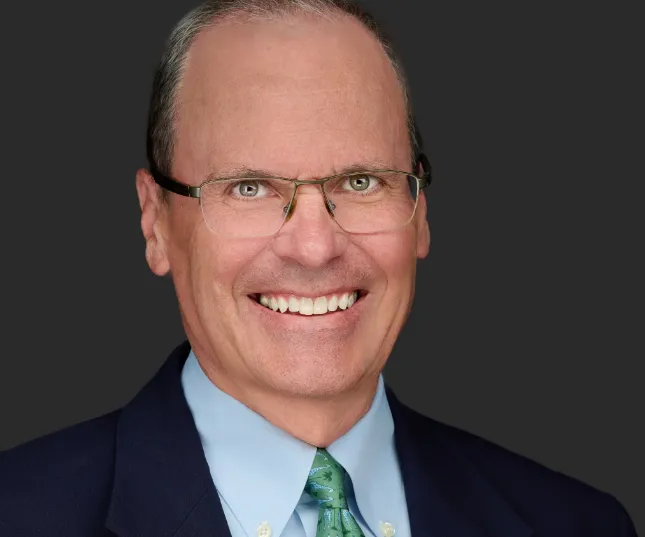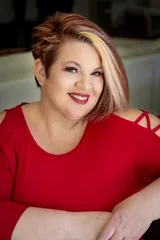Write Now With Lee Wilson
Today's Write Now interview features Lee Wilson, author of WOMEN’S CRUSADER: CATHARINE BEECHER’S UNTOLD STORY.

Who are you?
My name is Lee Wilson. I am an author, historian and former CEO. I live on Sanibel Island off the southwest coast of Florida. I spend my summers in Greenwich, CT where my wife and I raised our three children.
What do you write?
I write biography and history. My new book, Women’s Crusader: Catharine Beecher’s Untold Story is a good example. It focuses on a slice of Beecher’s life that captures the critical turning point in her life. She was a selfless crusader for women’s education during the 19th century. The question that intrigued me was What caused a lighthearted romantic to become a pioneer advocate for women’s education? The answer that emerged from my research was Beecher’s relationship with Alexander Fisher. It is a touching love story with a poignant ending. He died in a tragic shipwreck off the coast of Ireland before they could marry. During her bereavement she developed a new purpose in life.
I have always wanted to be a writer, but spent my career as a management consultant and business executive. That’s where I honed my skills as a researcher and communicator. My style is creative non-fiction which I learned in a course I took. I intentionally start each chapter with an action that launches a narrative arc and results in character development. I learned about Catharine Beecher over twenty years ago and waited until I retired from business to start writing about her.
The thing I love most about writing is researching my characters. The best historians are good detectives. So, I spend countless hours reading unpublished letters, manuscripts and diaries to understand the lives and personalities of my characters.
Where do you write?
I write in my library, surrounded by my favorite books and collections. I use a Dell laptop at my writing desk and sit on a hardback dining room chair. I print what I write and then edit using a disposable mechanical pencil while sitting on my couch.
When do you write?
I am a morning person, but my writing cycle actually begins in the evening. I re-read my outline and key items that will be footnoted before going to bed. Sometimes I dream about alternate ways to tell the story. I wake up around 4 am full of good ideas. I often pick up my iPad and use the notes function to capture my thoughts. Then I move to my desk about 6 am and begin writing in Word on my laptop. By noon, my creative energy is drained. So, I print out what I have written and spend the afternoon sitting on my couch editing my morning’s work. I don’t establish daily goals. I set a reasonable target date to complete a chapter and stick to it.
Why do you write?
I love to figure things out and tell stories. In the case of Catharine Beecher, I was amazed by her talent and personality. She accomplished so much for women in her crusade for women’s education. And yet, when I told my friends about Catharine, nobody knew her. She and other pioneer women’s educators like Emma Willard and Mary Lyon paved the way for women’s progress. That foundation was built upon by feminist leaders like Susan B. Anthony and Elizabeth Cady Stanton. Beecher felt that women’s education and health were the immediate priorities in the early 19th century. As a result, she opposed suffrage for much of her career but ultimately embraced it.
The purpose of my book is to improve recognition for Catharine Beecher. But my hope is to inspire a new generation of female leaders.
How do you overcome writer's block?
There are two reasons I tend to experience writer’s block. The first is that I am trying to write before my outline is polished. Some people can simply sit down and write. But telling a complicated true story that will interest readers needs to be mapped out. When I hit a roadblock, invariably I find that I am trying to re-think my outline. The best thing to do is stop writing and figure out your story.
The second reason for writer’s block is when I’ve run out of creative energy. One of the smartest people I know, explained that individuals only have so much creative energy each week. Once it is expended, it’s gone. So, you have to pace yourself and know when you are spent. When I hit the wall, I shift to doing mechanical tasks that need to be done. The way to restore creative energy is to relax and have fun doing something completely different. Personally, I never write during the weekend.
Bonus: What do you enjoy doing when not writing?
When I am not writing, I enjoy exercise. I swim, run and bike for fun. I try to play golf at least once a week. On weekends, I focus on my “to do” list to keep my life on track. But I particularly enjoy dinners and social activities with family and friends.
My thanks to Lee Wilson for today's interview.



